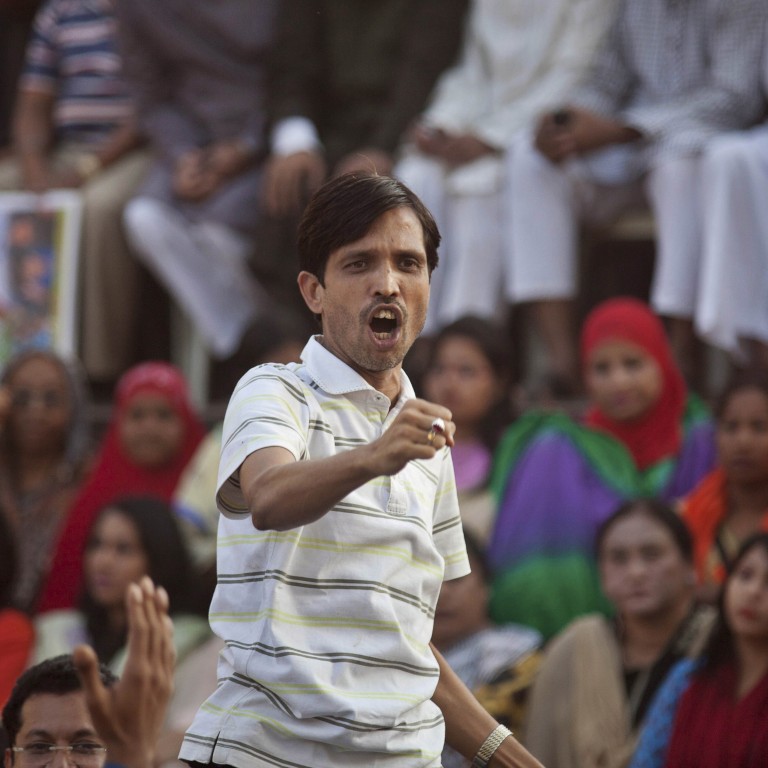
Bangladesh opposition blocks roads and railways in vote protest
Bangladesh’s opposition blocked roads, railways and waterways on Tuesday to protest the government’s plans to hold a general election on January 5, the latest turn in a violent political crisis that has paralysed the country.
The opposition demands that the government led by Prime Minister Sheikh Hasina resign in favour of a neutral caretaker. She denies its claim that she might rig the elections if she stays in office.
The dispute is part of an escalating crisis in Bangladesh, a country of 160 million people where the state is seen as all-powerful. Analysts fear the chaos could exacerbate the impoverished country’s economic woes and lead to radicalisation in a strategic pocket of South Asia.
Norwegian telecom giant Telenor ASA has invested more than US$2.5 billion (HK$19.4 billion) in Bangladesh since its subsidiary, the country’s largest mobile phone company Grameenphone, started operations in 1997.
It is planning millions more dollars of investment after getting licensed to provide third-generation telecommunication services.
But Jon Fredrik Baksaas, president and group chief executive of Telenor ASA, said it was worried about injecting more money. “We are very concerned about the political situation,” he said.
He said foreign investment would be hard hit if the situation does not improve. “If it hits the telecom sector, it (will) also hit other sectors,” he said.
Since the Election Commission announced the election date, the opposition called a 48-hour transport strike starting on Tuesday. According to police, at least three people have died since late on Monday in violence pitting opposition activists against government supporters and police. In all, 33 people have been killed in the last month of protest violence.
The violence threatens to overshadow some key advances Bangladesh has made in recent years, including net enrolment in primary education, gender parity in primary and secondary education and reducing child and maternity mortality.
The opposition led by former Prime Minister Khaleda Zia says it will boycott the election if Hasina does not quit in favour of a caretaker administration without political parties. But Hasina has formed what she calls an all-party government to oversee the election.
A key factor in the dispute is the role of Jamaat-e-Islami, the country’s largest Islamic political party. The party is a key Zia ally that was a coalition partner in her government from 2001 to 2006.
Opponents of Jamaat-e-Islami say it is a fundamentalist group with no place in a secular Bangladesh, which broke away from Pakistan in 1971.
Bangladesh has a history of political violence, including the assassinations of two presidents and 19 failed coup attempts since its independence.
